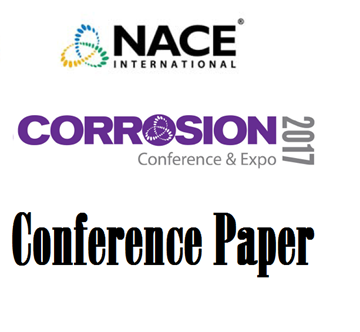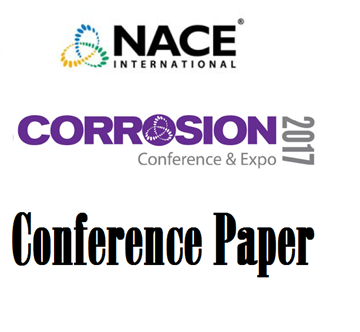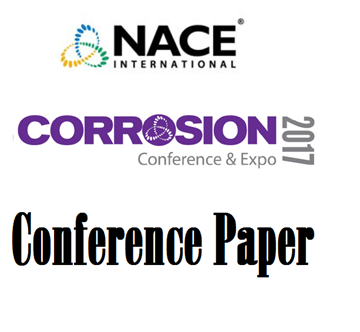Search
51317--9551-Identification of Compounds that Effectively Block Microbial H2S Production
Also Purchased
51317--9519-Development of Application Friendly Products for Wet Gas Corrosion Inhibition
Product Number:
51317--9519-SG
ISBN:
9519 2017 CP
Publication Date:
2017
$20.00
51317--9531-Reinforced Concrete Corrosion Damage Forecast with Potential Dependent Threshold: Sensitivity to System Parameters
Product Number:
51317--9531-SG
ISBN:
9531 2017 CP
Publication Date:
2017
$20.00
51317--9518-Chloride Stress Cracking of an Austenitic Stainless Steel Pipe Fitting in a Hydroprocessing Unit
Product Number:
51317--9518-SG
ISBN:
9518 2017 CP
Publication Date:
2017
$20.00




